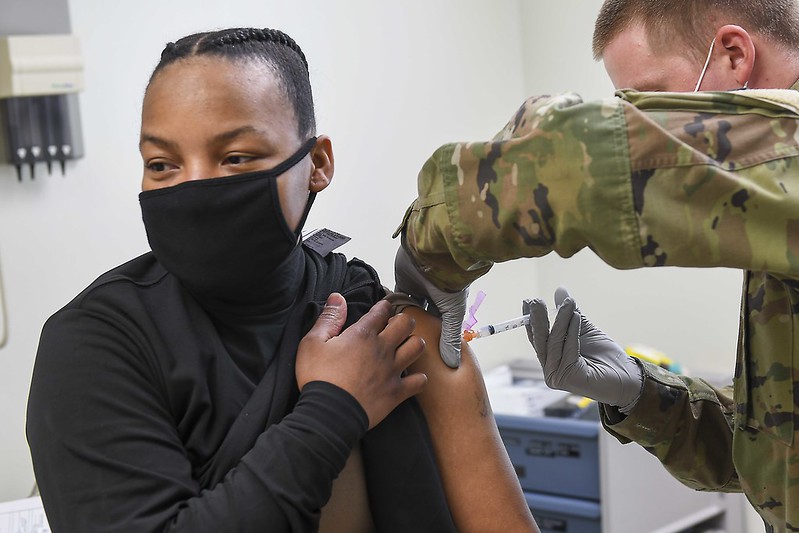While the early stages of the rollout of COVID-19 vaccines in the United States have seen demand far outstrip supply, a much bigger concern may ultimately be those who delay or refuse to be vaccinated at all, despite evidence of safety and efficacy and the key role vaccines will play in ending a pandemic that has killed millions worldwide.
The Johns Hopkins Center for Communication Programs just released a “Trending Topic” to help address vaccine hesitancy, which in 2019 the World Health Organization declared one of the top 10 threats to public health. That was even before the COVID-19 pandemic, which has sickened more than 111.5 million people and killed nearly 2.5 million, according to Johns Hopkins University. Vaccines are seen as a critical component for ending the pandemic.
Survey data disseminated by CCP in January suggest that only 63 percent of respondents from 23 countries across the world will accept a vaccine. That is well below the 70 to 85 percent estimate public health experts have suggested is needed to reach “herd immunity,” or the point where a large enough portion of the community is immune to COVID-19 to make further spread unlikely.
This Trending Topic is for social and behavior change professionals looking for guidance on how to help communities understand the factors that go into vaccine hesitancy – and how to overcome any barriers to mass vaccination. It compiles the best evidence available for how to overcome vaccine fears.
“Vaccine hesitancy has been an ongoing issue in low- and middle-income countries (LMICs) and has recently increased due to concerns about safety and long-term effects,” the authors of the Trending Topic write. “This situation in LMICs, coupled with the growing influence of anti-vaxxers in high-income countries, has led to an increase in outbreaks of vaccine-preventable diseases that were once thought mostly eradicated, such as measles, pertussis, and diphtheria around the world.”
In addition, with the growth of technology and social media in recent years, the vaccine hesitant have flocked to social media outlets to share misinformation about vaccines, information that often goes unchecked by official sources. Studies have shown relationships between organized anti-vaccine messaging on social media and public doubts of vaccine safety, which can cause people to reject vaccines. “This further threatens the uptake of emerging vaccines such as COVID-19,” they write.
The WHO says that complacency, confidence and convenience often play a role in vaccine hesitancy. In many ways, vaccination has been a victim of its own success. With fewer people dying of vaccine-preventable illnesses, the perceived risk of dying from these diseases is low, even though vaccines are the reason why risks are reduced. There is also a low level of trust in government and health authorities, which can carry over to vaccines.
Social and behavior change programs can “disseminate correct information in a way that is clear and straightforward,” the authors write. It’s more important than ever, they say, with COVID-19.





